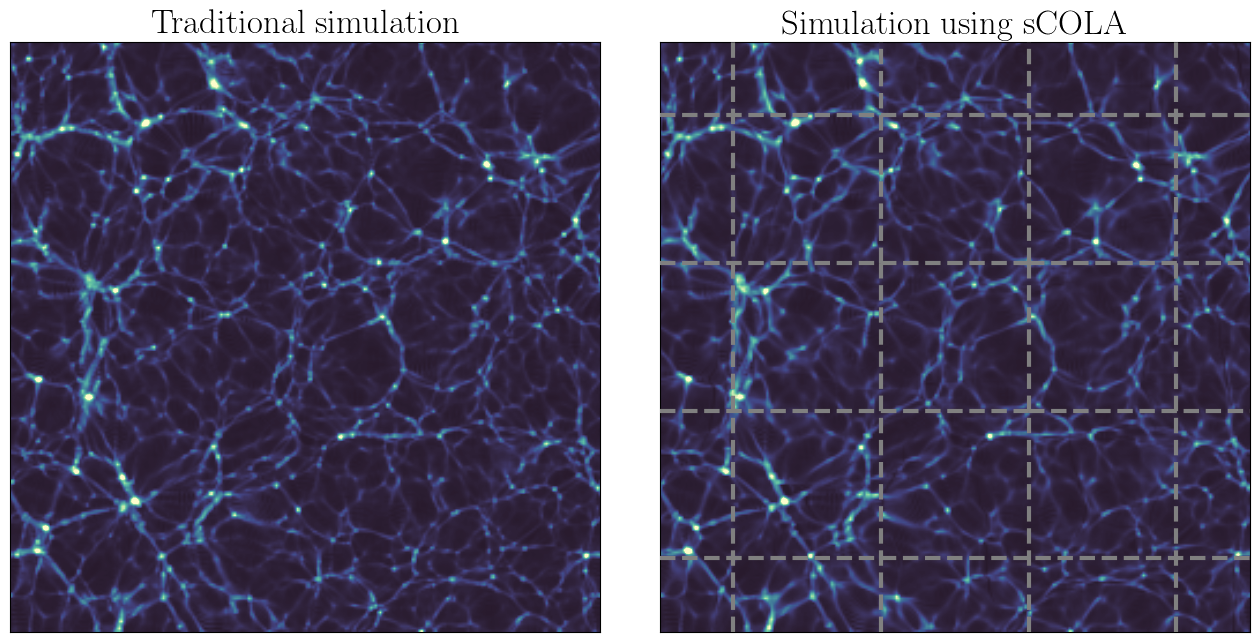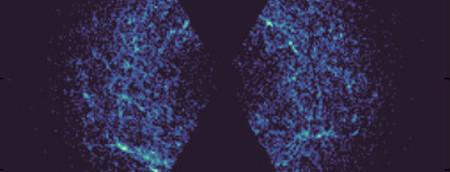- 1
- 2
- 3
- 4
- 5
- 6
- 7
Welcome!
 My name is Florent Leclercq. I am a research scientist (Chargé de recherche CNRS) at the Institut d'Astrophysique de Paris (IAP). I hold an interdisciplinary position at the interface between astrophysics (CNRS Terre & Univers, INSU) and information science (CNRS Sciences informatiques, INS2I). I work in the fields of numerical cosmology and artificial intelligence, focusing in particular on the analysis of galaxy survey data. I have been a member of the Aquila Consortium since it was created, in 2016. I am also a member of the Euclid Consortium, where I currently co-lead the "Field-level inference and forward modelling" work package.
My name is Florent Leclercq. I am a research scientist (Chargé de recherche CNRS) at the Institut d'Astrophysique de Paris (IAP). I hold an interdisciplinary position at the interface between astrophysics (CNRS Terre & Univers, INSU) and information science (CNRS Sciences informatiques, INS2I). I work in the fields of numerical cosmology and artificial intelligence, focusing in particular on the analysis of galaxy survey data. I have been a member of the Aquila Consortium since it was created, in 2016. I am also a member of the Euclid Consortium, where I currently co-lead the "Field-level inference and forward modelling" work package.
My current research interests are related to the study of the cosmological large-scale structure using statistical inference, machine learning, and high-performance computing tools. I am particularly interested constraining cosmology from the large-scale structure, in the initial conditions from which it originates, its formation history and the description of the cosmic web.
Please check the full version of my CV, my list of publications and my list of communications.
News
- 05-12-2024
Submitted paper: Diagnosing Systematic Effects Using the Inferred Initial Power Spectrum. - 13-09-2024
Updated page: Media and Outreach (recent conferences in French). - 03-09-2024
Submitted paper: COmoving Computer Acceleration (COCA): N-body simulations in an emulated frame of reference.
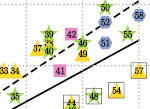
Evolution of cosmological simulations over the last 50 years
I recently scanned the literature for the purpose of following and plotting the number of particles used in \(N\)-body simulations over the last five decades.
08-04-2020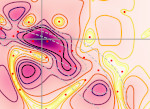
Algorithms for likelihood-free cosmological data analysis
Likelihood-free inference provides a framework for performing Bayesian inference in cosmology, by replacing likelihood calculations with data model evaluations.
25-04-2019Public data and software
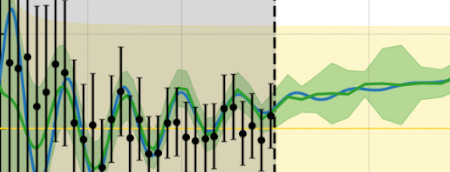
pySELFI
pySELFI is a publicly-available implementation of the Simulator Expansion for Likelihood-Free Inference algorithm, allowing primordial power spectrum inference from black-box galaxy surveys.







